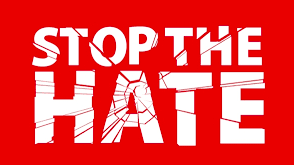FRA: Report hate crime, support victims

FRA’s latest report ‘Encouraging hate crime reporting: the role of law enforcement and other authorities’ highlights the gaps in hate crime reporting across the EU. FRA calls on EU countries to remove barriers that prevent victims and witnesses of hate crimes from coming forward and to encourage reporting. The report illustrates how the social environment and national structures and practices can support efforts to understand and remove existing barriers to reporting hate crime and actively encourage victims to report hate crime and seek justice.
The report highlights what needs to change to move towards a victim-centred approach so victims can get justice:
- End discrimination and empower victims – EU countries need to empower victims and witnesses to come forward and report hate crimes and to tackle structural discrimination and prejudice in society.
- Improve reporting, recording and referrals – EU countries need to make hate crime reporting easier, which needs to be coupled with improvements to national recording and data collection systems.
- Build capacity to tackle hate crime – EU countries should provide practical guidance and training to the police, establish specialised hate crime units and ensure structured cooperation between law enforcement authorities, victim support organisations, civil society organisations and equality bodies.
Millions of people across the EU experience hate-motivated violence and harassment. This can be due to their ethnic or immigration background, skin colour, religion, gender, sexual orientation or disability. FRA’s surveys of immigrants and ethnic minorities, Jews, LGBTI people or Roma and Travellers shed light on the extent of discrimination and violence these groups face in Europe. FRA’s recent Fundamental Rights Survey highlights that some minority groups experience twice as much violence as people generally.

